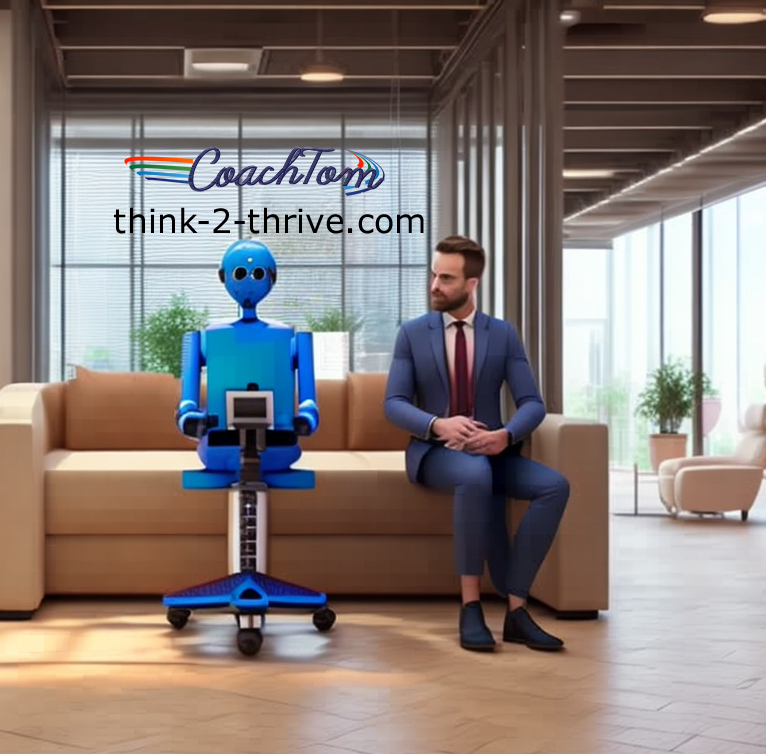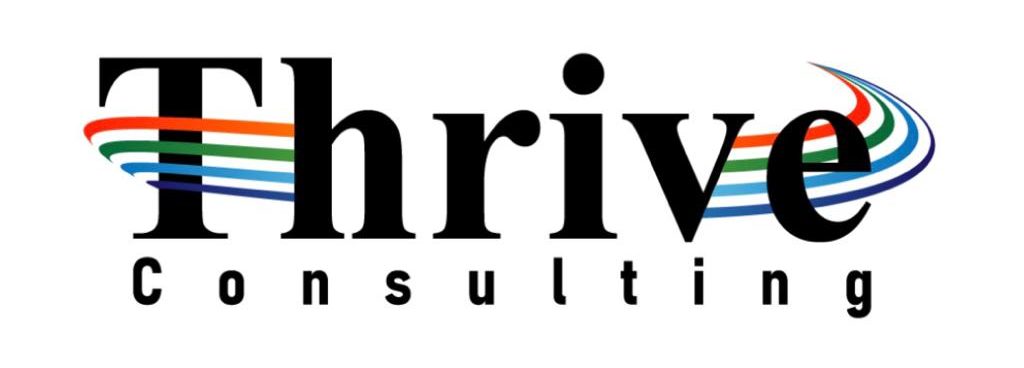
In the recent WBECS seminars and ICF conferences, the topic of Artificial Intelligence (AI) has been discussed extensively. The debate often centered around whether AI will ‘replace’ coaches, and the implications thereof.
As both a coach and trainer, I have been mulling over the arguments ‘for’ and ‘against’ AI in my sphere. Being the tech adventurer that I am, I have sought to answer the question by rigorously engaging AI personally and better assess the breath and depth of its capabilities today, and how it might look like in the future by extrapolation.
Using the PEARLS Coaching framework as a basis, I embarked to answer this question: Could Generatve AI replace, augment, or assist in executive coaching? I first started with ChatGPT like everyone else. My attempts to ‘train’ it to ingest and be thoroughly trained in the content from my 200+ pages led to a dead-end.
I was a little disappointed. I also tried a few other AI platforms hoping to build a fairly close ‘version’ of me but it also did not quite worked out like I hoped for. Training the AI how to ‘coach’ like me using PEARLS did not yield the results I expected.
Most recently however, after testing and working with an in-house large language model (LLM), I’ve experienced firsthand how AI can be an exceptional assistant and augmentor in coaching and training. So what is different? Firstly, I was able to successfully upload the entire book in PDF into the LLM, and within 15 minutes, I was able to ‘converse’ with this LLM (I was using the NeurOS LLM) about the contents of my book in natural language in ‘chat mode’.
Because this mini-LLM instance only contains knowledge about my ‘book’, it works entirely with the ‘facts’ that I gave it, and not mixed up with ‘general knowledge’. In this way, the chat is a faithful ‘replica’ which sticks to the content faithfully, not making up its own. It’s learning comes only from the source I fed it, and therefore it can be a ‘version’ of me as a coach. I discovered that a good LLM for coaching should have the following features: ease of use, robust, ingests content and reproduce output accurately, straight forward model training and content-management system. In addition, having the ability to scale, addressing privacy and security and ensuring my proprietary knowledge is safeguarded are key for my use case.
I was quite excited about this. Because I now know that using AI as an assistant or augmentor, the possibilities are vast and exciting. For example, it can be a companion to my coachees or trainees ‘in-between’ sessions and we also have a common log to ‘catch up’ on what questions, experiences the coachee might have in the duration when they are working on their goals. Remember, coaching is also about what happens ‘in-between’ the sessions!
The AI model is great at providing immediate responses, guiding clients with PEARLS framework-based advice, and helping them in the moment. Meanwhile, I can review the chat logs and gain insights into the client’s progress and challenges, which allows me to tailor our in-person sessions more effectively. It creates a seamless blend of immediate AI guidance and personalized human coaching, which I believe greatly enhances the client’s journey. Moreover, it offers clients the flexibility and accessibility of workplace coaching/training. The AI doesn’t replace my role; instead, it augments my ability to provide value to my clients, making the coaching process more efficient and effective. Overall, having an AI companion which is available round the clock, offering real-time conversations to coachees and trainees, while also maintaining a chat log has been a fruitful experiment.
That said, there’s a certain level of human interaction and intuition that’s crucial in coaching – an understanding of nuances and a capacity for empathy that AI, in its current state, can’t really replicate or mimic. Hence, the thought of AI completely replacing human coaches doesn’t resonate with me. The nuances of communication, emotional intelligence, and the ability to provide empathetic support are uniquely human capabilities.
As a parting thought, while I hold the position that AI cannot, and should not, replace the human touch in coaching, its potential as an assistant and augmentor is immense. Extrapolating further to other domains such as Education, an AI-powered courseware and assessment offering would be quite a game-changer, as would a health & well-being companion AI-companion. The integration of AI can ultimately enhance the value I can offer as a consultant, coach and trainer to my clients, in their journey of transformation.

Coach Tom is an Official Member of the Forbes Coaches Council (2023). Check out the various articles by #CoachTom on Web3, leadership, organization transformation, strategy. Connect with him and stay updated on his exciting projects at:
- LinkTree: https://linktr.ee/coactomlim/
- Website: https://thomaslim.info/
- Forbes: https://forbes.com/sites/forbescoachescouncil/people/thomaslim
- LinkedIn: https://www.linkedin.com/in/thomaslcl/
- YouTube: https://www.youtube.com/channel/UCnFQTD9E7OvIV0sdowO9Gtg
- Facebook: https://www.facebook.com/ThrivePEARL
- Pinterest: https://www.pinterest.com/think2thrive/
- Twitter for CovenantRhapsody: https://twitter.com/camelothobbies
